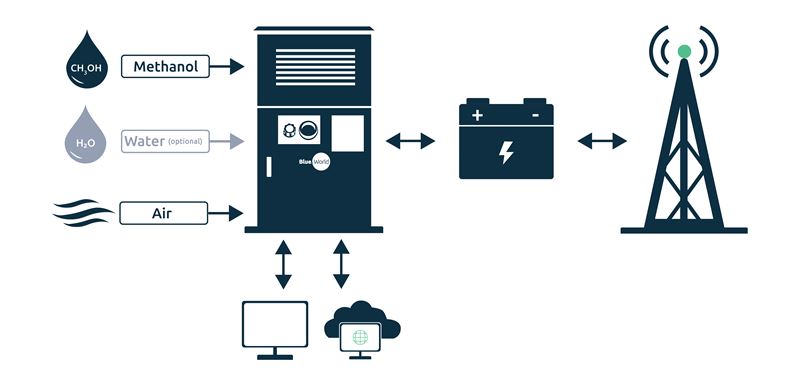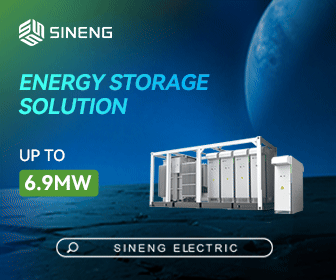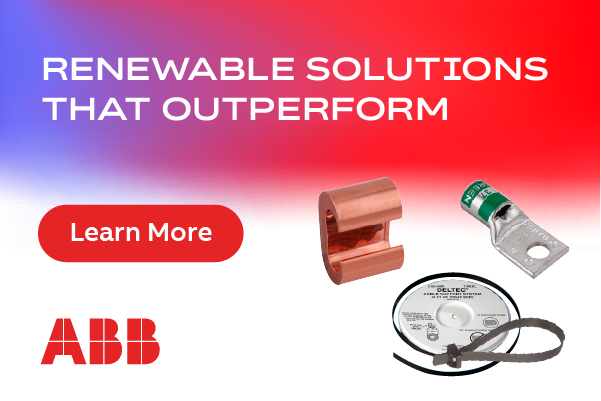Blue World Technologies Launches Next-Generation Methanol Fuel Cell System for Stationary Power Generation
Following the start of series production of fuel cells in December 2022, the Danish fuel cell developer and manufacturer Blue World Technologies is now launching the CellPack Stationary, a methanol fuel cell-based power generator. The CellPack Stationary is specially developed for the telecommunication industry, an industry that every year installs hundreds of thousands of smaller gensets to keep people around the world connected. The CellPack Stationary can also be adapted to other demands such as electric vehicle charging or power supply for low-quality- or off-grid installations.
The CellPack Stationary can be delivered as a 5-, 10-, or 15-kW system for installation either as a backup, supplemental, or primary power source depending on customer need. With high efficiency, a continuous power output, a pure methanol fuel system, and IoT-based remote monitoring the CellPack Stationary is an innovative system replacing conventional fossil-based generators.
“We are, with the many advantages of the CellPack Stationary system compared to fossil-based gensets but also other fuel cell solutions in the market, presenting a strong green alternative for power generation”, says Mads Friis Jensen, Co-founder and Chief Commercial Officer of Blue World Technologies and continues: “in general, the fuel cell technology has great potential in various markets, especially within heavy-duty transportation and the maritime sector, but that are still years from commercial roll-out. On the market for smaller gensets, we can make a significant difference now bringing down CO2 emissions and air pollution. So, this is where we start, one generator at a time”.
With a small footprint, the CellPack Stationary consists of a base unit combined with either one, two, or three 5 kW power modules depending on the customer’s power need. The system can be installed as a hybrid solution combined with renewable energy sources such as solar cells or wind turbines. As the fuel cell system only has a few moving parts the noise and vibration levels are very low making it ideal for installation in densely populated areas.
“We are experiencing strong traction from potential customer searching for alternatives for diesel generators. But it is not enough to reduce CO2 emissions and air pollution, it must also be good business for them. So that is what we are providing with the CellPack Stationary system, a methanol fuel cell-based power generator, that gives our customers a lower OPEX and TCO compared to diesel generators”, Prabhakar Tunuguntla, Product Director of CellPack Stationary at Blue World Technologies explains and continues: “we expect that the unique features and strong business case of our system will enable us to accelerate to mass adoption of this product within the coming years”.

A principal diagram of the CellPack Stationary methanol fuel cell system
At the fuel cell factory in Aalborg, Denmark, Blue World Technologies currently has an annual cell production capacity of 15 MW. This corresponds to 3,000 CellPack Stationary systems, giving the company a solid base to enter the market for smaller power generators. Within the next couple of years, the annual production capacity of the factory is expected to more than triple as the company anticipates a growing demand for diesel genset replacements while the company will also start large-scale deployment of fuel cells to other markets.
Blue World Technologies | www.blue.world









